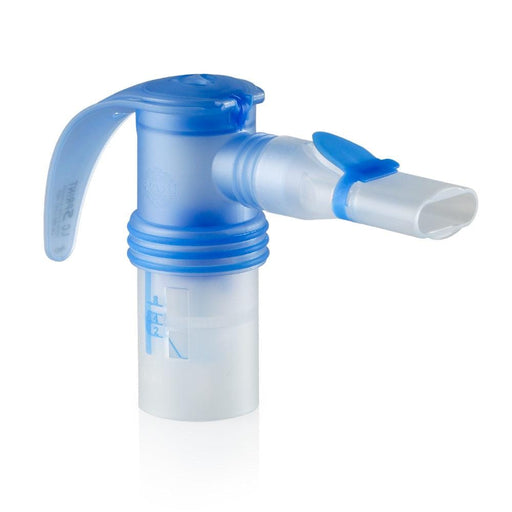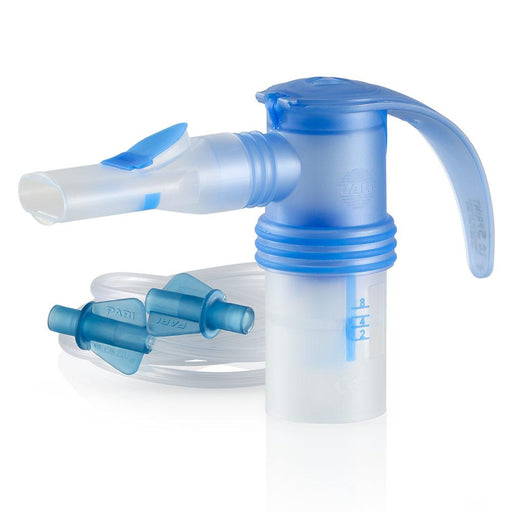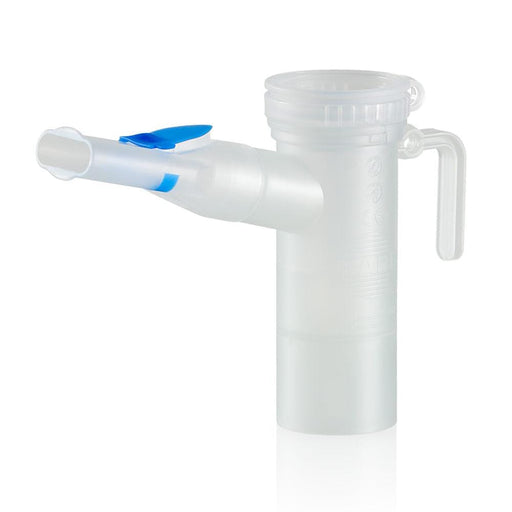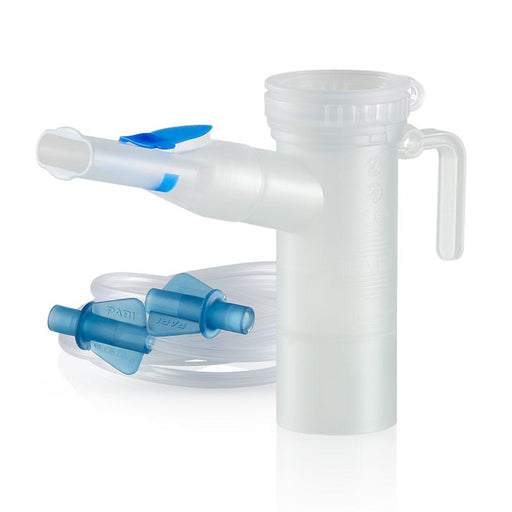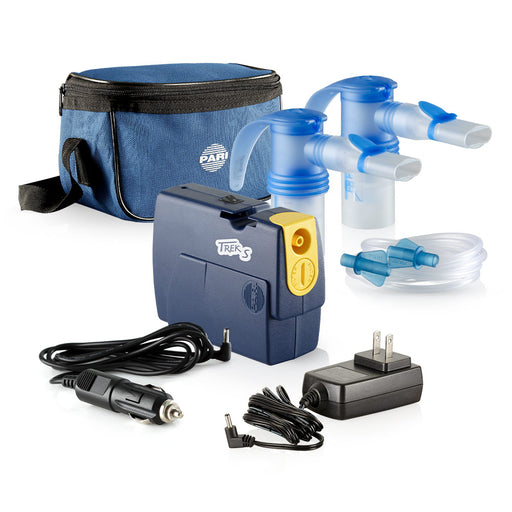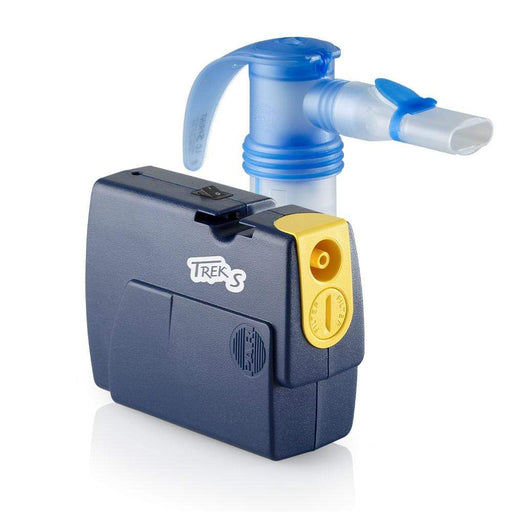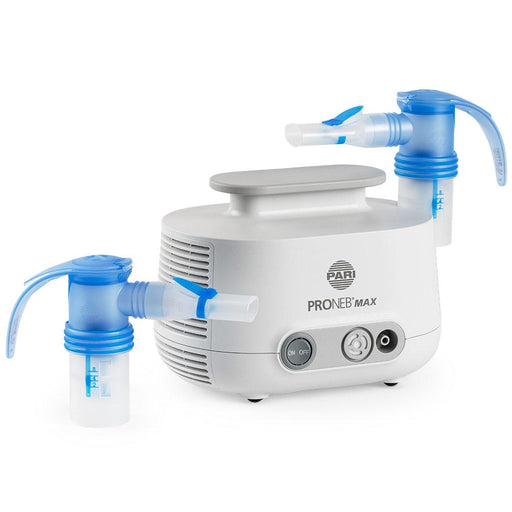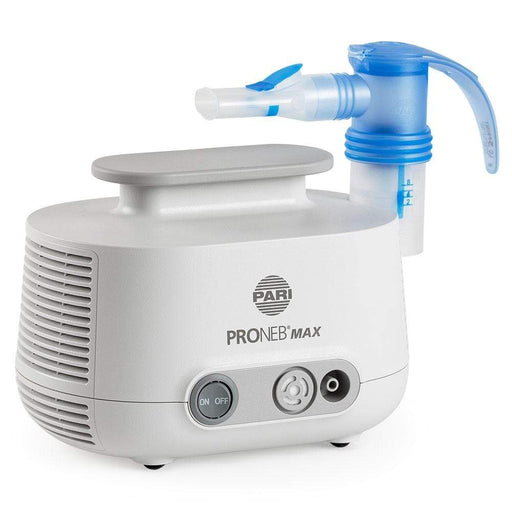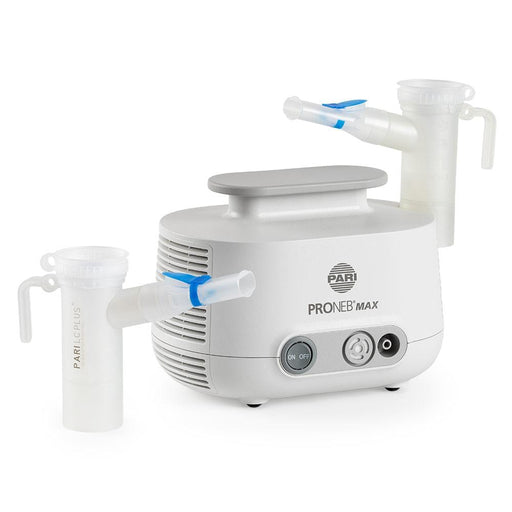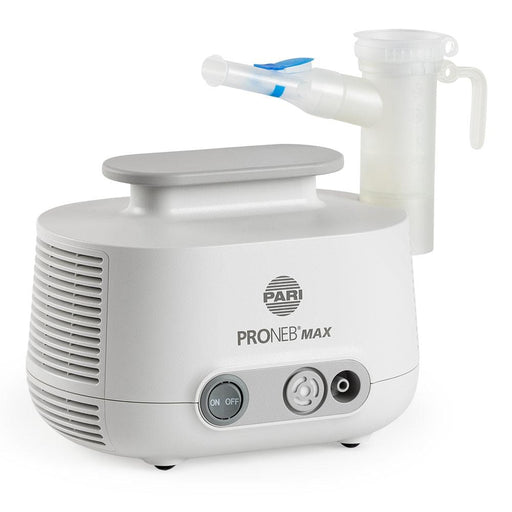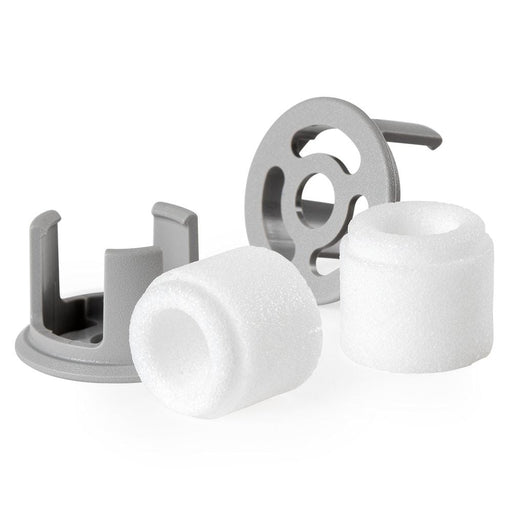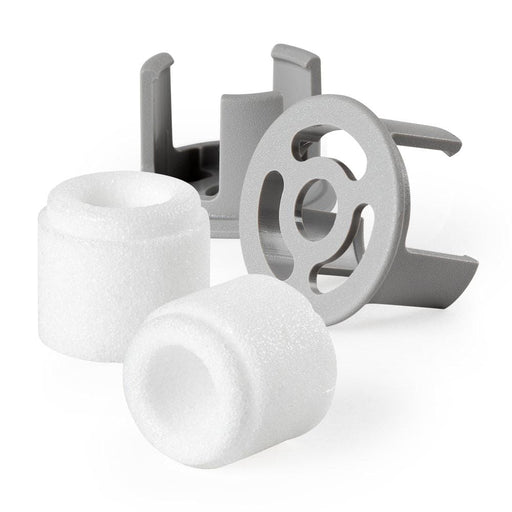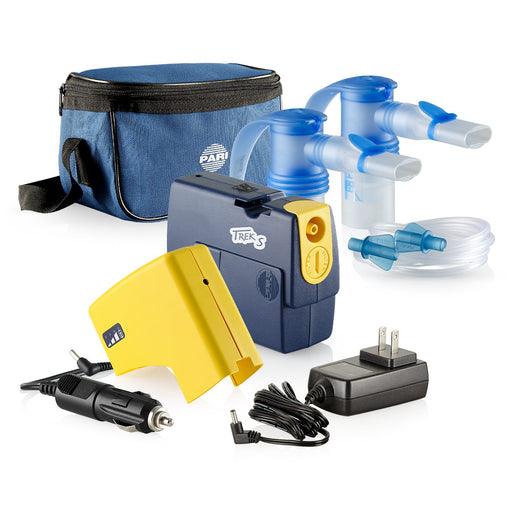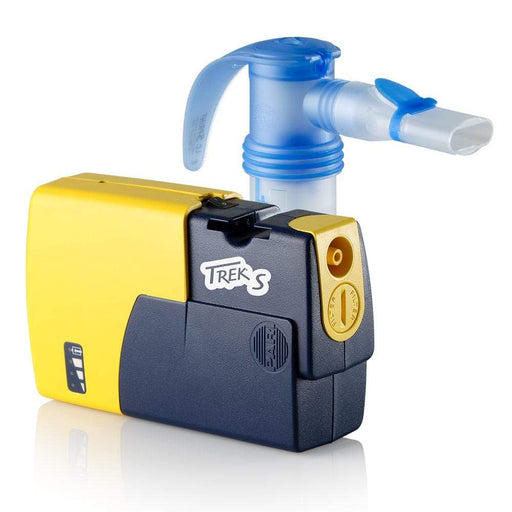
Does Your School-Age Child Have an Asthma Action Plan?
If a child in your household has asthma, now is a great time to work with his or her healthcare provider to come up with a health management plan to reduce flare-ups and the severity of symptoms experienced while at school.
It’s important to do this for a couple of reasons: Firstly, having such a plan should make it easier for your child to fully participate in school activities. Furthermore, scientists from Northwestern University recently completed a study that suggests school systems are not adequately prepared to help kids deal with asthma attacks.
As a parent, you can be proactive by providing the necessary information to school administrators, and equipping them with insight about your child’s diagnosis.
Specifics of the Study
Chronic medical conditions affect up to a quarter of American children, and asthma is among the most common issues. However, researchers looked at data from students attending Chicago Public Schools (CPS), the third-largest school system in the United States. They found only one in four students with asthma had a health management plan on file at school. Minority groups and students from low-income families were less likely to submit plans to schools.
Creating a Plan
A health management plan should always be made with the guidance of your child’s doctor. Some of the things it might contain include descriptions of what triggers your child’s asthma, the medications or devices used to help manage the condition, and advice about when to seek emergency care.
You probably spent a great deal of time helping your child pick out new clothes and school supplies for the current academic year. Put the same amount of importance on making sure school officials know what to do to help your child manage asthma issues.
SHOP CLINICALLY PROVEN NEBULIZER SYSTEMS & SUPPLIES
-
PARI LC Adult Aerosol Mask with Pro-Vent Technology
Original price $5.00 - Original price $5.00Original price$5.00$5.00 - $5.00Current price $5.00In stockOriginal price $5.00 - Original price $5.00Original price$5.00$5.00 - $5.00Current price $5.00 -
PARI LC Sprint Reusable Nebulizer Cup & Tubing
Original price $14.95 - Original price $14.95Original price$14.95$14.95 - $14.95Current price $14.95In stockOriginal price $14.95 - Original price $14.95Original price$14.95$14.95 - $14.95Current price $14.95 -
PARI LC Plus Reusable Nebulizer Cup & Tubing
Original price $14.95 - Original price $14.95Original price$14.95$14.95 - $14.95Current price $14.95In stockOriginal price $14.95 - Original price $14.95Original price$14.95$14.95 - $14.95Current price $14.95 -
PARI Trek S Portable Nebulizer System with LC Sprint
Original price $79.00 - Original price $185.00Original price$79.00 - $185.00$79.00 - $185.00Current price $79.00In stockOriginal price $79.00 - Original price $185.00Original price$79.00 - $185.00$79.00 - $185.00Current price $79.00 -
Filters for PARI Vios, Ultra II, and Trek S System - 2 Per Package
Original price $8.45 - Original price $8.45Original price$8.45$8.45 - $8.45Current price $8.45In stockOriginal price $8.45 - Original price $8.45Original price$8.45$8.45 - $8.45Current price $8.45 -
PARI Wing Tip Tubing
Original price $7.00 - Original price $7.00Original price$7.00$7.00 - $7.00Current price $7.00In stockOriginal price $7.00 - Original price $7.00Original price$7.00$7.00 - $7.00Current price $7.00 -
PARI PRONEB Max Nebulizer System with LC Sprint
Original price $99.00Original price $99.00 - Original price $99.00Original price $99.00Current price $81.99$81.99 - $81.99Current price $81.99In stockOriginal price $99.00Original price $99.00 - Original price $99.00Original price $99.00Current price $81.99$81.99 - $81.99Current price $81.99Sale -
PARI PRONEB Max Nebulizer System with LC Plus
Original price $99.00Original price $99.00 - Original price $99.00Original price $99.00Current price $81.99$81.99 - $81.99Current price $81.99In stockOriginal price $99.00Original price $99.00 - Original price $99.00Original price $99.00Current price $81.99$81.99 - $81.99Current price $81.99Sale -
Filters for PARI PRONEB Max System - 2 Per Package
Original price $9.00 - Original price $9.00Original price$9.00$9.00 - $9.00Current price $9.00In stockOriginal price $9.00 - Original price $9.00Original price$9.00$9.00 - $9.00Current price $9.00 -
PARI Trek S Portable Nebulizer System with LC Sprint & Battery Pack
Original price $185.00 - Original price $185.00Original price$185.00$185.00 - $185.00Current price $185.00In stockOriginal price $185.00 - Original price $185.00Original price$185.00$185.00 - $185.00Current price $185.00




